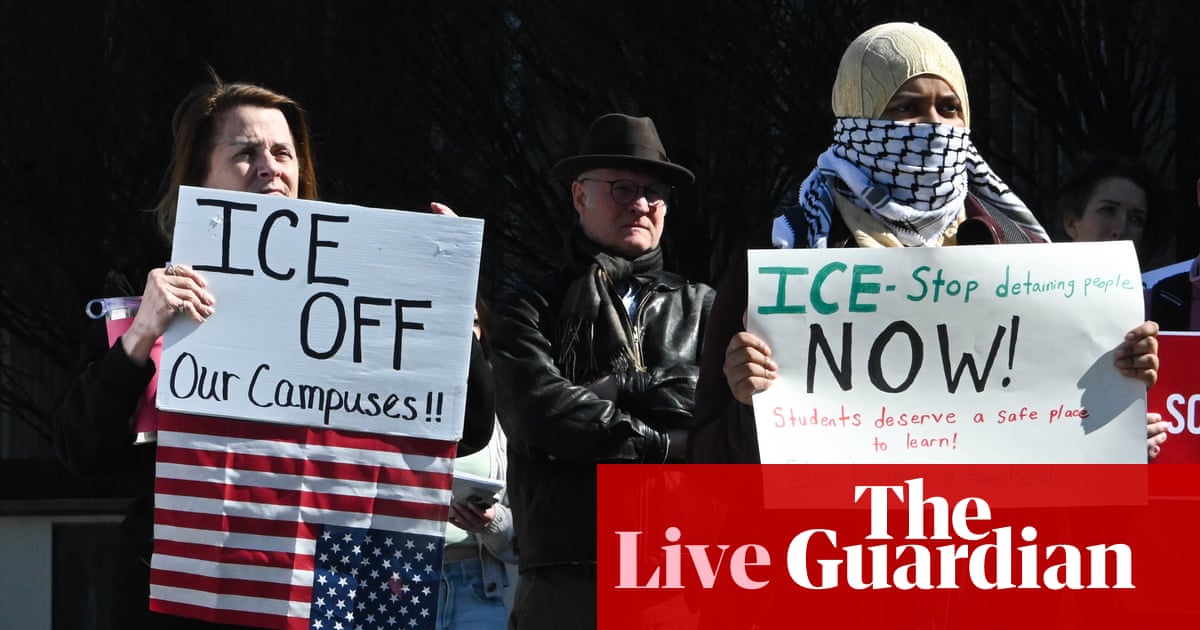Ukraine Peace Deal: Trump's Stance on Crimea Ignites Controversy
Donald Trump's recent comments suggesting that a Ukraine peace deal should include Russia's annexation of Crimea have ignited a firestorm of controversy. His statement, diverging sharply from the established international consensus and the Ukrainian government's position, raises significant questions about the potential implications for peace negotiations and the future of Ukraine's territorial integrity. This article delves into the complexities of Trump's stance, analyzing its potential consequences and exploring alternative pathways towards a lasting peace.
Understanding the Crimea Annexation
The annexation of Crimea by Russia in 2014 followed Russia's invasion and subsequent occupation of the peninsula. This action was widely condemned by the international community as a violation of Ukraine's sovereignty and territorial integrity, leading to international sanctions against Russia. The legality of the annexation remains highly contested; the United Nations General Assembly, for example, has repeatedly affirmed Ukraine's territorial integrity, including Crimea.
Key Points to Remember:
- International Condemnation: The annexation of Crimea is widely considered illegal under international law.
- Violation of Sovereignty: Russia's actions constitute a clear violation of Ukraine's sovereignty and territorial integrity.
- Ongoing Conflict: The annexation of Crimea remains a major point of contention in the ongoing conflict between Russia and Ukraine.
Trump's Position: A Realistic Approach or a Dangerous Precedent?
Trump's suggestion that conceding Crimea might be necessary for a peace deal has sparked intense debate. Supporters argue that accepting Russia's control over Crimea could be a pragmatic step towards ending the war and preventing further bloodshed. They might point to the high human cost of continued conflict and the potential for wider escalation.
However, critics argue that conceding Crimea would set a dangerous precedent, rewarding aggression and emboldening other authoritarian regimes to pursue territorial expansion through force. This could destabilize the international order and undermine the principle of national sovereignty. Moreover, conceding Crimea would likely be unacceptable to the Ukrainian people, who overwhelmingly see Crimea as an integral part of their nation.
Arguments For and Against Trump's Stance:
For:
- Ending the War: A concession on Crimea could potentially lead to a quicker end to the conflict, saving lives.
- Pragmatism over Principle: Some argue that pragmatism necessitates difficult choices, even if they involve compromising on principles.
Against:
- Rewarding Aggression: Accepting Russia's annexation would reward aggression and encourage similar actions by other states.
- Undermining International Law: It would weaken the international norm against territorial expansion through force.
- Unacceptable to Ukraine: It would likely be deeply unpopular within Ukraine, potentially fueling further instability.
Alternative Paths to Peace: Focusing on Negotiation and International Pressure
Instead of conceding territory, focusing on robust negotiation and sustained international pressure on Russia could be more effective in achieving a lasting peace. This could involve:
- Strengthening Sanctions: Maintaining and strengthening existing sanctions against Russia, while expanding their scope to target specific individuals and entities involved in the conflict.
- Military Aid to Ukraine: Continuing to provide Ukraine with the military aid it needs to defend itself against Russian aggression.
- Diplomatic Efforts: Actively pursuing diplomatic solutions through international organizations like the UN, NATO, and the EU.
- International Tribunals: Pursuing legal avenues for accountability for war crimes and other atrocities committed during the conflict.
Conclusion: A Complex and Sensitive Issue
The question of Crimea's future remains one of the most complex and sensitive aspects of the Ukraine conflict. While Trump's suggestion of conceding Crimea might appear to offer a shortcut to peace, it carries significant risks, potentially undermining international law and creating a dangerous precedent. A more sustainable approach would involve focusing on sustained international pressure on Russia, while supporting Ukraine's efforts to defend its sovereignty and territorial integrity. The path to lasting peace in Ukraine requires a multifaceted strategy that prioritizes justice, accountability, and the preservation of international norms. The debate surrounding Trump's position highlights the difficult choices and high stakes involved in navigating this complex conflict.
